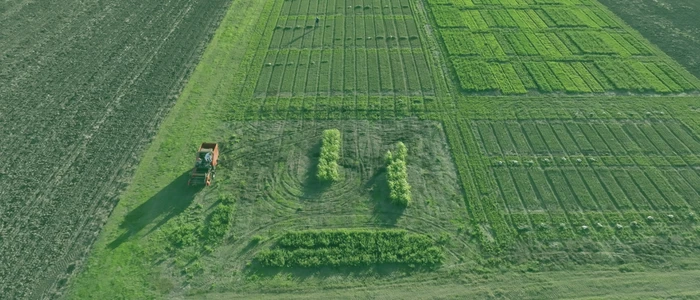
Direct Seeding and Renovation Plants as Carbon Sequestration Method at a Pilot Demo Farm in Finland

Italy
Finland Nordic Climate
Benefits of the practice
- Direct sowing
- Cover crops
- Renovation plant
Production system
Crop production farm
Thematic Area
Crops Management
A special plant farm in Western Finland faces a climate challenge in maintaining soil health in changing and extreme weather conditions. For
two decades, Rouhiainen Farm has practiced direct seeding with several
crops – including sugar beet cultivation. Efforts have also been made to
increase soil organic matter by using available organic fertilizers, such as
livestock manure and recycled fertilizers. Recently, various intermediate and
understory crops, such as catch and renovation crops, have been introduced
on the farm, improving soil structure and biological activity.
The farmer has observed the benefits of direct seeding for soil structure and
water management. It reduces organic matter decomposition, enhancing
the soil’s physical, chemical, and biological condition. A key indicator is the
increased number of earthworms in the farmer’s fields, which have not been
disturbed by tilling.
The demo event at the farm showcased the effects of direct seeding and
renovation crops on soil fertility and carbon sequestration. Participants
observed a no-till demonstration in the farm’s tilling radish vegetation and
studied soil fertility and biological activity by digging holes and counting
earthworms. Each shovel puncture revealed more than 10 earthworms, with
a record of over 20.
At the Rouhiainen farm, deep- and strong-rooted renovation plants have
been able to manage and prevent compaction of arable land and add
organic matter to the soil, which improves soil structure, water management, biological activity and nutrient economy. In addition,
catching crops can have effects on controlling plant diseases and pests.
Especially for sugar beet, renovation crops are a good solution for
maintaining the structure of the field and increasing the amount of organic
matter. In the future, the farm plans to experiment with researchers with
other spin-off crops and methods in sugar beet cultivation.
Henna Latvala
